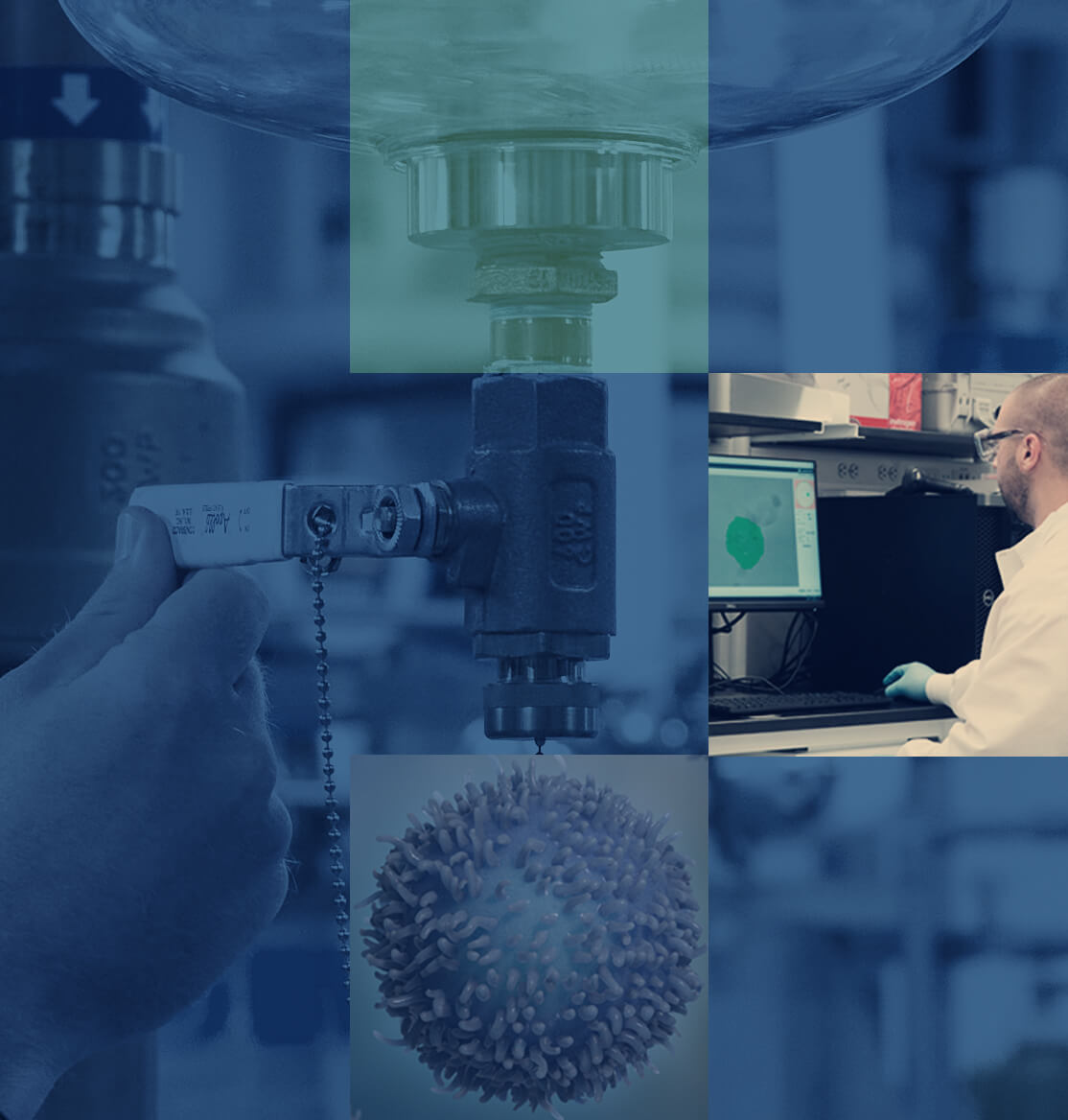How ElevateBio’s Foundry Model is Changing the Future of Genetic Medicines



I recently had the opportunity to join CNBC’s Fast Money after ElevateBio was recognized as a 2024 CNBC Disruptor. In that conversation, I focused on ElevateBio as a “genetic medicines foundry,” a concept I believe captures what we do, how do we it, and the specific intentions with which we designed our business model and built the company from the outset. Through this foundry model we’re advancing programs, companies, and the entire industry with a full spectrum of tools, technologies, and expertise for developing the next generation of genetic medicines.
But what exactly does it mean to be a genetic medicine foundry? And how does it apply to ElevateBio?
An innovative business model for genetic medicines
We founded ElevateBio seven-plus years ago to redefine the way we develop and manufacture therapeutics and usher in a new era of medicine powered by cell and gene therapies, also referred to as genetic medicines. Our model goes beyond the traditional roles of a contract manufacturer or a standard therapeutic biotech company. Instead, we enhance the design and manufacturing of both our internal and partnered investigational therapies by combining platform technologies – including gene editing, cellular engineering, RNA engineering, and viral and non-viral delivery vehicles – scaled manufacturing and analytical and process development expertise. These technologies reside under two complementary components of ElevateBio’s ecosystem: Life Edit and BaseCamp.
Through Life Edit, BaseCamp, and our team of industry-leading experts, ElevateBio supports biopharma partners with end-to-end capabilities to design, develop, and manufacture genetic medicines. We are the first company to build a fully integrated technology stack and end-to-end manufacturing capabilities with what I refer to as a genetic medicine foundry.
ElevateBio as a genetic medicines foundry
Generally speaking, a foundry is a one-stop-shop to create various objects or components for the manufacturing of larger, more complex products. Two companies from the tech sector illustrate this concept.
Taiwan Semiconductor Manufacturing Company (TSMC), established in 1987 as the world’s first dedicated semiconductor foundry, applies their technology and manufacturing techniques to produce powerful microchips – and still remains a critical supplier today of chips for phones, computers, cars, and servers in our tech-driven world. Nvidia has likewise placed themselves at the center of the artificial intelligence boom, building graphics processing units (GPUs), new software, and AI models for companies to apply in their own sectors.
In a parallel way, ElevateBio applies this same foundry business model to genetic medicines, positioning ourselves as a one-stop shop and indispensable partner for cell and gene therapy companies, dedicated to propelling the entire field of genetic medicine forward.
The benefits of our foundry approach
In essence, we serve as a catalyst for innovation and collaboration. And there are three primary ways in which our foundry model enables us, with our partners, to accelerate genetic medicine development.
The primary benefit is clear: speed of development. Our robust technology stack allows partners to choose the best technology for their product or streamline the design and manufacturing process, significantly reducing the time and resources required to develop new genetic medicines. This acceleration is not only advantageous for our partners but also has far-reaching implications for patients in need of life-saving treatments.
The second is the collaborative innovation we intentionally built into ElevateBio’s structure. Internally, that structure enables collaboration across our R&D, PD, manufacturing groups and other teams of experts on the design of next-generation medicines, with our embedded technology and capabilities at the center. Externally, our teams work closely and directly with our partners to expedite the translation of scientific discoveries into tangible therapies.
The third is the greater therapeutic flexibility our approach to partnerships gives us over a traditional biotech. Through external R&D partnerships and deals, we can advance a pipeline that creates opportunities for downstream revenues. At the same time, our partnerships allow us to advance our platform technologies and de-risk our early-stage programs, giving us the ability to build an internal, wholly owned pipeline of programs where we’ve demonstrated proof of concept and the chance of clinical success has increased.
Our impact on the industry and vision for the future
Multiple industry partners are already benefitting from the integrated technologies made possible through our foundry model.
For example, our process development and manufacturing teams at BaseCamp have partnered with Abata Therapeutics for several years to accelerate the development of their cell therapy program (ABA-101) for multiple sclerosis (MS). The technologies, manufacturing capabilities, and technical expertise of BaseCamp shaved one year off Abata’s initial IND timeline, saving them significant capital on staffing and facility costs required to design and manufacture this promising therapy. Importantly for Abata, the manufacturing process developed for ABA-101 serves as a template to benefit future development programs, including their next program for Type 1 diabetes. This collaboration also represents first time anyone has shown the ability to successfully engineer, expand, and manufacture TCR-engineered Tregs in the numbers required for use as therapeutics.
Similarly, with Kyverna Therapeutics, BaseCamp successfully completed studies to support process development and clinical manufacturing using Ingenui-T, Kyverna’s proprietary three-day manufacturing process for their autologous CAR T-cell therapy program for autoimmune diseases. This achievement is monumental when we consider the tens of thousands of patients affected by autoimmune diseases, and the speed with which Kyverna can turn the patients’ own cells into therapies that targets the underlying pathology of their disease.
Additionally, industry leaders Moderna and Novo Nordisk have turned to the gene editing capabilities of our Life Edit platform to help design potentially curative in vivo gene edited therapies and base editing therapies, respectively.
These are just a few examples of the positive impact ElevateBio is having on our industry partners and the change we’re bringing to the world. For us, “genetic medicine foundry” is more than a title or an abstract concept: it reflects the entire model on which ElevateBio was established and how we’re bringing to life our mission of advancing genetic medicines with our technology and manufacturing capabilities. We believe that being a foundry is a commitment to revolutionizing healthcare through collaboration, innovation, and dedication to improving patient outcomes.